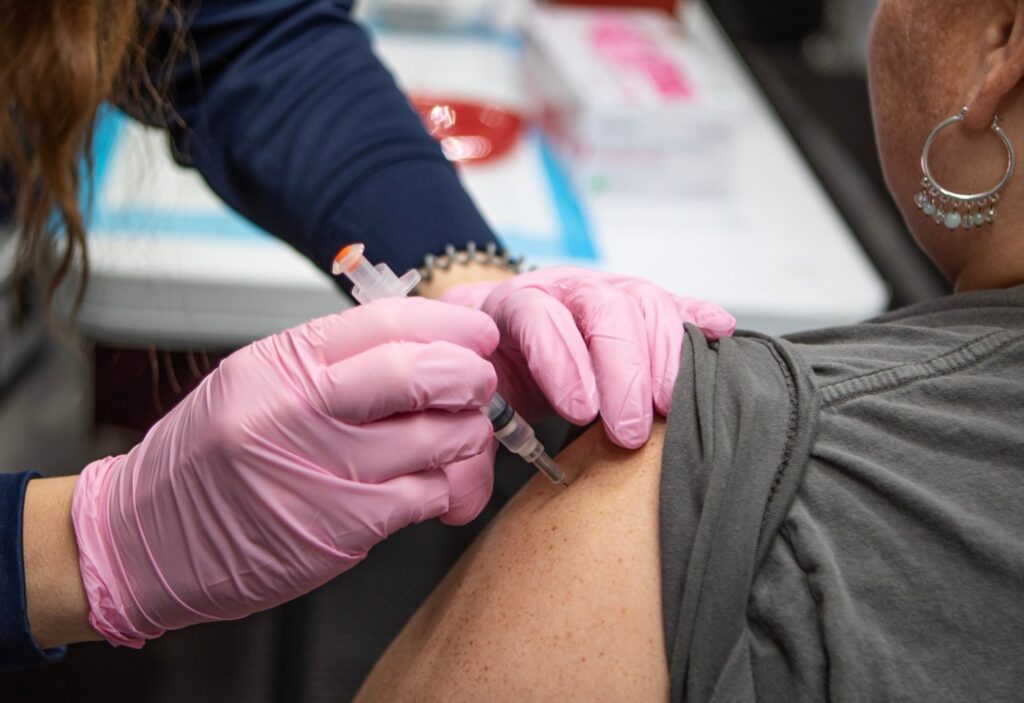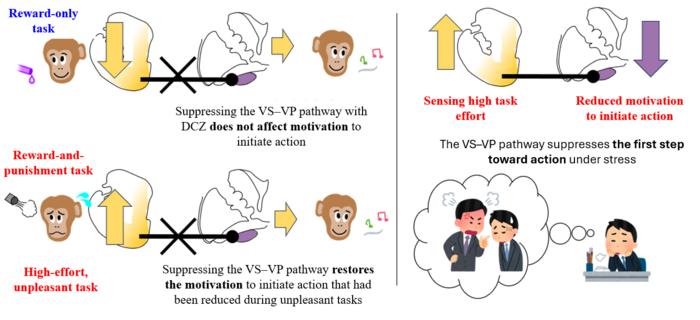
Influenza cases are on the rise in the Lehigh Valley region of eastern Pennsylvania. Both the St. Luke’s University Health Network and the Lehigh Valley Health Network have reported an increase in patients suffering from flu symptoms. As of now, the overall number of confirmed cases across Pennsylvania stands at 1,847, according to the Pennsylvania Department of Health. This figure represents a significant increase of nearly 48% from the previous week.
The Lehigh Valley area, particularly Lehigh, Northampton, and Bucks counties, is experiencing some of the highest rates of confirmed cases in the state. Dr. Tibisay Villalobos, chief of infectious diseases for the Lehigh Valley Health Network’s Department of Pediatrics, noted that many of these cases involve children, with some requiring hospitalization. “One of them was a newborn that was very severe, but I think it was very severe because of the age of the patient, and that newborn went home OK,” Villalobos stated.
Although hospitalizations due to flu have not surged significantly, health experts are cautious. Dr. Jeffrey Jahre, chief emeritus of infectious diseases at St. Luke’s, mentioned that this flu season is anticipated to be moderate, similar to last year. He added that last season was one of the worst in recent years for their network.
Vaccination remains a key focus in combating the flu. Dr. Jahre emphasized that the flu vaccine is recommended for everyone aged six months and older, unless there is a legitimate medical reason to avoid it. Villalobos echoed this sentiment, stressing the importance of the flu shot for children. While it may not completely prevent infection, the vaccine significantly reduces the risk of moderate to severe illness, which can lead to hospitalization in children.
“Every year, otherwise healthy children get severe cases of flu, sometimes resulting in serious complications or death,” Villalobos warned. Last year, 280 children died from influenza, marking the highest number of pediatric deaths from the flu in the past decade. “Ninety percent of the children that die from influenza every year are healthy children. The common finding is that they did not receive the vaccine,” she added.
COVID-19 continues to pose challenges as flu cases rise. Dr. Jahre noted that COVID-19 infections remain prevalent, adding complexity to public health efforts. He expressed concern about the inconsistent vaccine guidance from federal authorities, particularly between the Food and Drug Administration (FDA) and the Department of Health and Human Services (HHS). The FDA has approved the COVID-19 vaccine for individuals over the age of 65 with certain high-risk conditions. In contrast, the Advisory Committee on Immunization Practices (ACIP) recommends vaccination for everyone over six months after consulting with a healthcare provider.
“This inconsistency has created confusion, which often leads to mistrust,” Jahre said. He pointed out that such uncertainty could result in lower vaccination uptake among those who would benefit from the shots. He emphasized the need for clear guidance to prevent potential public health crises.
The American Academy of Pediatrics is currently challenging the federal government’s changes to COVID-19 vaccination policies, with support from 20 medical organizations, including the American College of Obstetricians & Gynecologists. Jahre stated that St. Luke’s is advising patients based on a different approach than that of the government, particularly recommending vaccination for pregnant women to safeguard both their health and that of their newborns.
People aged 50 to 64 are also considered at higher risk for severe COVID-19 compared to younger populations, albeit at a lower risk than those over 65. Emphasizing the importance of vaccination, Jahre concluded, “Anyone over the age of six months who wants the COVID vaccine should strongly consider getting it, unless there’s a specific contraindication.”
As flu season progresses, health officials in the Lehigh Valley remain vigilant, encouraging vaccination to mitigate the impact of both influenza and COVID-19.






